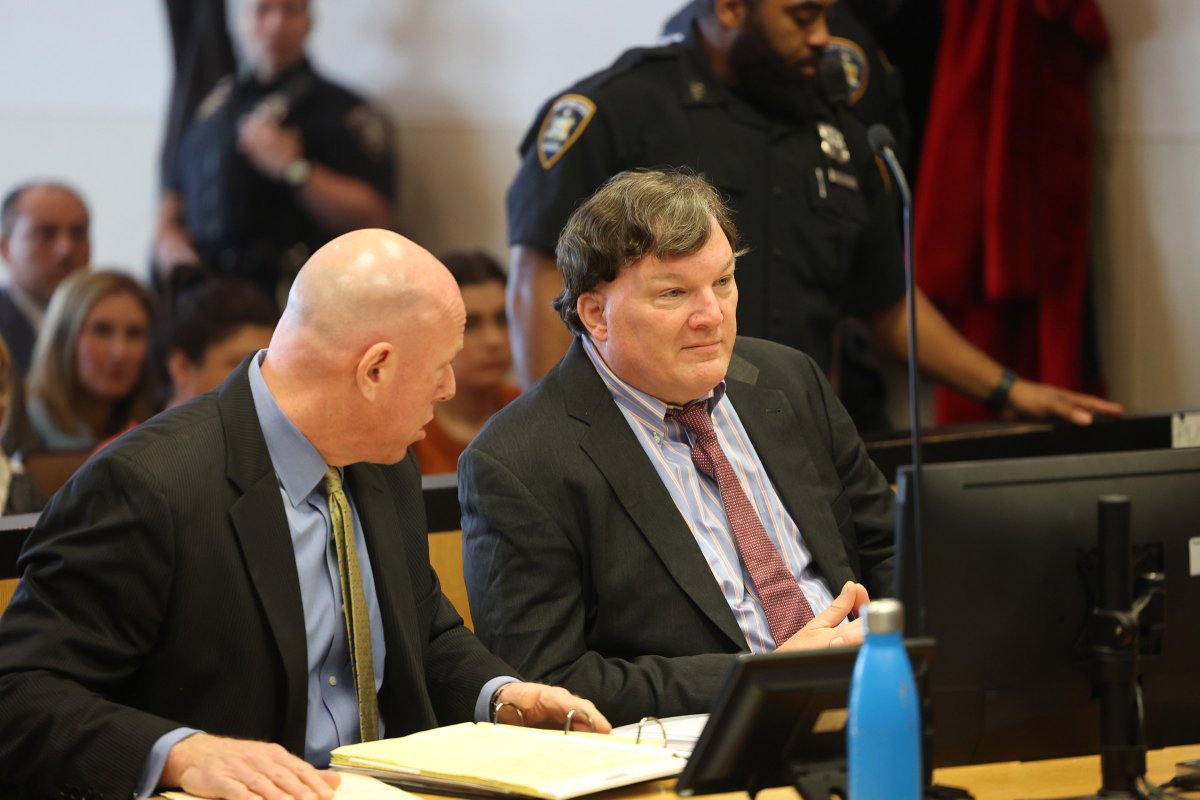Flaunting My Star of David: Author Talia Carner Shares Her Antisemitic Attack

At the market checkout, the shopper ahead of me bags her groceries, and my glance hooks on the large gold Ch’ai on her neck. She catches my eye, and her gaze travels down to my new Star of David. With delight on her face, she gives me a high-five. At that moment, we, two strangers, are united with double invisible strings: the gnawing worry about Israel under an existential threat, and the rise of antisemitism in the U.S., which causes us both to flaunt the symbols of belonging to a proud tribe.
But there is a third layer of anguish I carry that I don’t share with my transient soulmate: that of a Jewish author. And not just any Jewish author, but one singled out for an antisemitic attack.
It began on December 17,, 2023, six weeks prior to the release of my novel, The Boy With the Star Tattoo, on January 30, 2024. A British influencer recorded two TikTok videos, calling her large following to review-bomb the novel and to compel HarperCollins to “deplatform” me. Her call for action immediately flooded my Instagram page with hateful comments. More prominently, it found fertile soil at Goodreads, where unchecked reviews can appear on a book’s page as soon as it is listed, even months before its publishing date.
That day, the novel whose Advance Reader Copy (ARC) was only available to hand-picked bloggers and reviewers, saw a shower of one-star ratings and mostly anonymous text reviews on Goodreads by people who could not possibly have had access to the novel. They accused me of a variety of crimes of omission and action against Palestinians.
I will never know the hundreds of supportive faceless, nameless Instagrammers and bloggers who jumped into the fray with enough five-star ratings to bring the average up to four stars, thus saving the novel before it had come out of the gate. But the one entity that remained unmoved while this battle was raging on its site was Goodreads. Despite my emails and the efforts by HarperCollins to point to Goodreads’ own guidelines against harassment, the website’s moderators steadfastly refused to remove the offending campaign. Even today, Goodreads continues to give these haters a place to drop more bombs on my novel.
In the months that followed, embraced by the Jewish community and by literature lovers, I forged ahead with my book tour with 50 in-person events in the first five months alone. Heeding an FBI agent’s advice, I scheduled only in secured venues — synagogues, Jewish community centers and gated communities. No bookstores or libraries, where TikTok followers might show up with megaphones. I paid an internet service to remove my home address from all public records.
Yet all around me, fires were burning, as Jewish authors — often novices struggling to get a foot in the door — wrote to me about their woes. An agent canceled a contract with one author after having accepted her Jewish-themed novel. Another Jewish author hit a wall when trying to schedule bookstore readings for his new novel, released by a mainstream house.
That’s when I bought my Star of David necklace, the first in my life.
The warm reception and healthy book sales within the Jewish community could not mask the fact that, released four months into the bloody Israel-Hamas war, my novel got no traction outside of it. For my previous novel I had been interviewed by over 30 podcasters, but this time I could count them on one hand.
The legendary suspense writer Nelson DeMille endorsed my book, writing, “Historical fiction doesn’t get better than The Boy With The Star Tattoo,” yet mainstream reviewers kept mum. Privately, one told me that the novel was “phenomenal,” but he “didn’t cotton the hailstorm” that a glowing review [of a pro-Israel book] would create. Read differently: he was intimidated.
Although each novel I’d written had brought me a growing, wider circle of readers, I lowered my expectations for this book. I stopped posting book tour dates and locations on my website and social media.
Six months into the attack against my novel, The New York Times, The New York Post, The Jerusalem Post and even the French L’Expresse have published accounts of antisemitism in the U.S. literary world — and my case has had the dubious distinction of starring in some of these articles. Yet something nagged at me: Why hadn’t the Authors’ Guild, which represents over 14,000 authors, released a statement against antisemitism directed at its members? In its mission, the Guild states its clear objection to bias against authors and to banning books. It champions the rights of authors to earn a living in a safe environment. Yet, when I and others revealed on the Authors’ Guild’s discussion board the antisemitic environment in which we found ourselves, our posts were removed and we received private warnings from the moderators. We were therefore barred from responding to vile anti-Israel posts on the same forum. The Authors’ Guild claims to have removed them, but it took days after our flagging them, while ours were struck instantly.
Finally, I penned a letter to the board and staff, demanding that they take a public stand for us, Jewish authors, the way they had for Black authors and authors of color. I made my letter public. It took the Authors’ Guild about 10 more days before it issued a watered-down statement, wrapping antisemitism with Islamophobia — except that there is no known campaign to blacklist Muslim authors.
What’s next?
While my team at HarperCollins has had my back, the overarching atmosphere calls for a joint statement of all major publishing houses to dispel the impression that agents who turn down Jewish authors do so as the gatekeepers to the acquisition editors’ preferences. Together, U.S. publishers must force Goodreads to apply its own anti-harassment and anti-hate speech policies and compel the site to stop providing a platform for Jew haters.
I took the summer off to start writing my seventh novel. My book tour for The Boy With The Star Tattoo will resume in the fall with more talks within the Jewish community where I will flaunt my Star of David, but outside by home base be silenced by hatred.
Excerpted from ON BEING JEWISH NOW: Reflections from Authors and Advocates. Copyright 2024 by Zibby Media LLC. Talia Carner is an award-winning author of six novels and numerous articles. Her historical and psychological suspense novels bring to the forefront indignities and human dramas long ignored. Most recently, inspired by the rescue of Jewish orphans post-WWII and weaving it into Israel’s navy 1969 story of ingenuity and daring, she wrote The Boy With The Star Tattoo (HarperCollins, January 2024). The novel is hailed by Nelson DeMille as “Historical fiction doesn’t get better than this book.” Talia Carner lives in New York and Florida.



